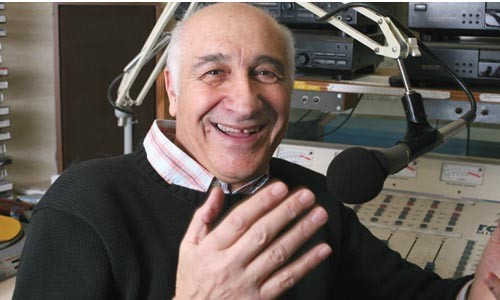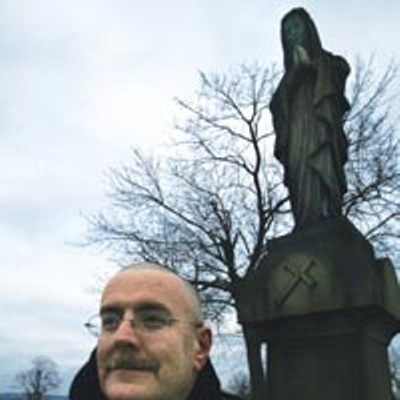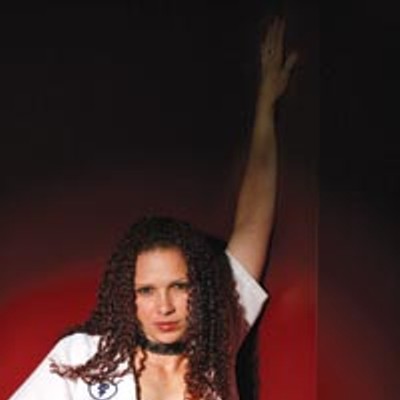Born in Calabria, the south of Italy, Sal Patitucci came to the U.S. in 1960, at age 24. Though he worked on flood-plain projects for the Army Corps of Engineers, his real avocation was in the air -- or, rather, on the air. "Radio Italia," his Italian-language music and news program, has been aired on regional stations continuously for the past 43 years. Today, Sal's voce affascinante (charming voice) and impressive record collection can be heard from 5-6 p.m. Monday through Friday, on White Oak's WEDO 810 AM (www.wedo810.com).
How did you get started in radio?
It was a love of music, really. When I came to Pittsburgh, there was an Italian guy on the radio who owned a travel agency. Instead of promoting the music, he was promoting his business. I thought, "I would love to do a program!" Well, I can't speak English now, so you can imagine what I sounded like then! I went to the station in New Kensington [WKPA] and asked the station manager if he would like an Italian program. There was a big Italian community there at the time. The guy said, "If you can go out and sell four spots, I'll give you the program." I went out, and in a week, I started the program. It was October 11, 1964. I was there for 18 years, then the station was sold. Since then, I came to WEDO. I was also on WQED for eight years. Back then there was an Italian program, a French program, an Indian program. Then they got a new program director and she took all the ethnic programs off the air. A week later, WYEP called me. They had just come on the air and were very poor. A few years later, the same thing!
Did you get paid for any of these programs?
No! I'm doing this as a public service for the Italian community.
What kind of music do you play?
On Monday, I play music of the past, like from the '60s; on Tuesdays, I play folk music because each region in Italy has a different sound; Wednesdays I have Neapolitan music; Thursdays I play dancing music; Fridays I play the best of the week. Every day I have the news live from Italy and I play something from the hit parade, the latest tunes popular in Italy. I'm trying to please everybody. My program is the only ethnic program on that is on five days a week in the United States!
And you do interviews too?
Oh, lots. People from Luciano Pavarotti to [soccer star] Totti from the World Cup. In Cleveland, I interviewed Gianni Marandi, a well-known singer. He's a soccer player too! In Italy, singers will play soccer in a stadium against, say, television stars, to make money for poor people.
What do you see as the importance of your broadcast?
Communication. It's important to stay in touch with the community. The Italian government wants a program on in America in order to keep the young generation alive and tell them that Italy is waiting for them to visit, for tourism, for culture. You have to know about your history. Why should you be ashamed to say, "I'm Italian," or Greek or French? Everybody should be proud of their heritage. It's very important. Pittsburgh is a great ethnic city. All these heritages are a part of the pot here.
What about people who don't speak Italian?
Teachers at Duquesne or Pitt tell their students to listen my program. After you listen to songs, you'll start to understand words. Music is universal. Even if you don't understand, you will like the music.
What is your favorite type of music?
The best era for music in Italy was in the '60s. It was more melodic. In Italy today, there is rap music. It's not original. Back then, Italian music wasn't so influenced by American music. If you travel in Europe now and look at a jukebox, 95 percent of the music is from the United States.
What do you think about those who want to declare English the official language of the U.S., and discourage the use of other languages?
It's a very poor thing! In Europe, people will study French and Italian. Here people are afraid of learning another language. It's very nice when you travel to know languages. We don't want to go back to the U.S. being an isolated country like it was in the 1950s!
Sophia Loren or Anna Magnani?
Artistically, Anna Magnani is the only one. Today, Monica Belucci.















